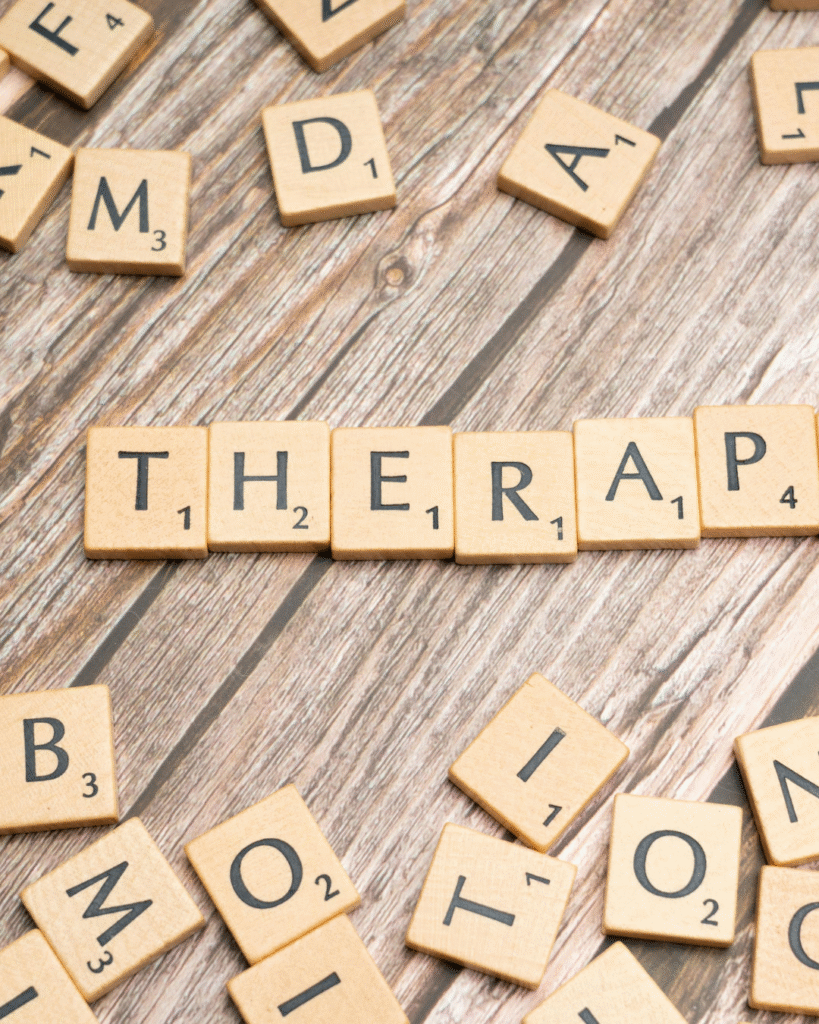Who this is for
- You had a psychedelic experience in a legal setting or abroad and want help making meaning of it.
- You had a recreational experience that felt confusing, beautiful, difficult, or unfinished.
- You are preparing for a legal ceremony or clinical session and want a clear plan for aftercare.
- You experienced a challenging journey, including anxiety, fear, looping thoughts, or spiritual struggle, and you want skilled support to process it.
- You are curious about integration tools that can support growth without further use of substances.
What is integration
Integration is the practice of weaving insights from non-ordinary states into daily life. It can involve emotional processing, skills for nervous-system regulation, meaning-making, value-based action, and behavioural change. Clinical and community resources describe integration as making sense of the experience and implementing the lessons through practical steps.
How sessions work
1. Complimentary call, 10 to 15 minutes
Clarify your goals and whether this service fits your needs. Safety, scope, and logistics are discussed.
2. Comprehensive intake session, 60 to 90 minutes
We review your experience and current context. We map key themes, resources, stressors, relationships, and health factors. You leave with a personalised integration plan.
3. Integration sessions, 60 minutes
We process the experience, stabilise the nervous system, and translate insights into sustainable habits. Sessions may include:
- Grounding and breath practices.
- Gentle somatic awareness and resourcing.
- Cognitive and behavioural tools to align actions with values.
- Parts-informed dialogue and meaning-making.
- Rituals of completion, intention setting, and accountability.
4. Between-session support
Brief check-ins and simple practices to keep momentum. Journaling prompts and micro-habits to consolidate learning.
Clinical groups such as Johns Hopkins and Imperial College emphasise structured preparation and aftercare around psychedelic experiences. Integration extends that aftercare into daily life.
What we might explore together
- Making sense of mystical or symbolic content.
- Working with difficult emotions that surfaced.
- Repairing relationships or deepening intimacy and communication.
- Updating habits, boundaries, and lifestyle based on new insights.
- Aligning purpose, work, and creativity with what truly matters.
- Integrating spiritual insights with grounded mental health care.
Community providers and harm-reduction services also highlight the value of supportive conversation, non-judgement, and steady follow-through after intense states.
What this service is not
- It is not the provision, sourcing, or recommendation of any psychedelic.
- It is not medical care or an emergency service. If you are in immediate danger, contact emergency services.
- It is not a substitute for ongoing psychiatric or medical treatment when needed. I am happy to collaborate with your existing clinicians.
Results clients seek
- Emotional clarity and steadiness after a powerful journey.
- Practical life changes that reflect the insights gained.
- Better communication and intimacy with loved ones.
- Reduced anxiety about the experience, fewer ruminations, and improved sleep.
- A long-term growth plan that does not depend on repeated substance use.
Emerging research and clinical programs report improvements in meaning, connection, and mental health when experiences are integrated with skilled support.
Packages and booking
- Single integration session, 60 minutes.
- Three-session package for a focused integration plan.
- Six-session package for deeper change and accountability.
Book a complimentary call through whatsapp on +44 7305 641024 to discuss which option fits your s
ituation.
Ethical foundations
- Informed consent, confidentiality, and clear boundaries.
- Non-judgement toward all beliefs and backgrounds.
- Collaboration with medical or mental-health providers when appropriate.
- Evidence-informed practice that follows harm-reduction principles.
Frequently asked questions
1. Do you provide or recommend psychedelics?
No. I do not provide, prescribe, source, or recommend any illegal substances. My work focuses on education, preparation, and post-experience integration in line with harm-reduction principles.
2. Is integration therapy the same as psychedelic-assisted therapy?
No. Psychedelic-assisted therapy includes supervised dosing sessions within approved medical or research settings. Integration therapy focuses on meaning-making and behaviour change after an experience or in preparation for one. Leading organisations describe integration as a distinct but essential phase.
3. What if my experience was frightening or confusing?
This is common. We will create a calm space to process what happened, stabilise your nervous system, and extract learnings. Community hotlines like Fireside offer free peer support during or after challenging experiences if you need immediate help.
4. How many sessions do I need?
Some people find clarity in one to three sessions. Others prefer a longer arc, especially when the experience touched core life themes, relationships, or long-standing patterns. We will agree a plan that suits your goals.
5. Can you work alongside my psychiatrist or GP?
Yes. With your consent I can coordinate with your healthcare team, and I can provide summaries of integration goals and practices that support your current care plan.
6. Is this suitable if my experience was months or years ago?
Yes. Integration can begin at any time. People often find that long-standing experiences become useful when revisited with skilled support. Articles and workbooks define integration as an ongoing process rather than a fixed window.
7. What if I want to prepare for a legal session in another country?
We can create a preparation and aftercare plan, including intentions, safety considerations, and integration practices for your return. Major research centres underline the importance of preparation and aftercare to maximise benefit and reduce risk.
8. Do you offer group integration circles?
Yes, by request. Group work can add community, reflection, and accountability. Ethical discussions of group-based integration highlight unique benefits and considerations.
9. Do you diagnose or treat medical conditions?
No. This service is not medical treatment. If you need diagnosis or medication management, please consult your GP or psychiatrist. I can work alongside your clinicians as part of a broader wellbeing plan.
10. What if I am considering using psychedelics?
I do not recommend or facilitate any illegal use. We can discuss harm-reduction education, informed consent, and non-drug alternatives to pursue the outcomes you want. Clinical and community resources emphasise informed, ethical, and legal pathways.
Next step
Book a complimentary call using WhatsApp +44 7305 641024. Share what happened. We will create a clear, personalised plan so your experience becomes lasting growth.



